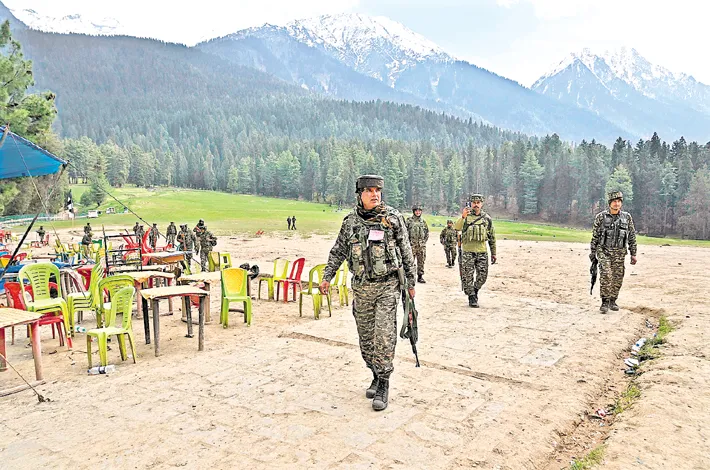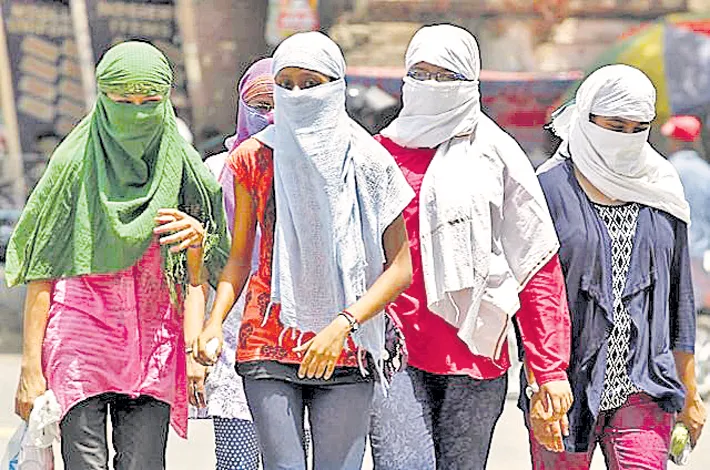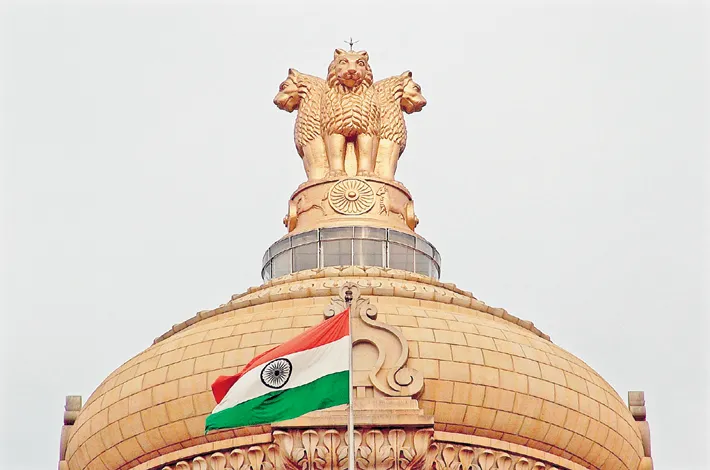Call for ban on pesticide Chlorpyrifos gets shriller
24-04-2025 12:00:00 AM

The chemical continues to be used in India on a variety of crops, posing a serious threat to farmers, consumers, and future generations
Metro India News | new delhi
The call to ban pesticide Chlorpyrifos is growing with each passing day. Chlorpyrifos, a highly toxic organophosphate pesticide, has already been banned in over 40 countries but the chemical continues to be used in India on a variety of crops, posing a serious threat to farmers, consumers, and future generations.
A D Dileep Kumar, CEO, PAN India, emphasized the stakes for public health and the environment: “The world must no longer turn a blind eye to the scientific consensus on chlorpyrifos. Its link to neurotoxicity, irreversible brain damage in unborn children, reproductive toxicity and its ability to travel thousands of miles, contaminating even the most remote ecosystems, make a strong case for its global elimination.
The time for decisive action is now.” At this year’s Stockholm Convention COP, chlorpyrifos is slated for listing under Annex A — a designation that triggers a global ban with exemptions, however, Pesticide Action Network is calling for a global ban without exemptions as viable alternatives are available.
PAN India will also highlight the need to list the pesticide under Annex III of the Rotterdam Convention,which ensures countries are informed of the hazards before trading or using such chemicals.
“India can and must choose a different path — one that values human life over chemical dependency,”said CJayakumar, Executive Director of Thanal and a veteran campaigner for elimination of dangerous pesticides at the BRS conventions.
Hyderabad based public policy analyst Dr Narasimha Reddy Donthi says, “BRS Conventions have been quietly working, through an established decision-making backed by science and consultation. I believe these Conventions require more resources to scale up on the reviews of chemicals, define targets and establish a global monitoring framework that informs on a real time basis.National governments,including India,have to mimic these processes, at the national level, to strengthen international work.”








